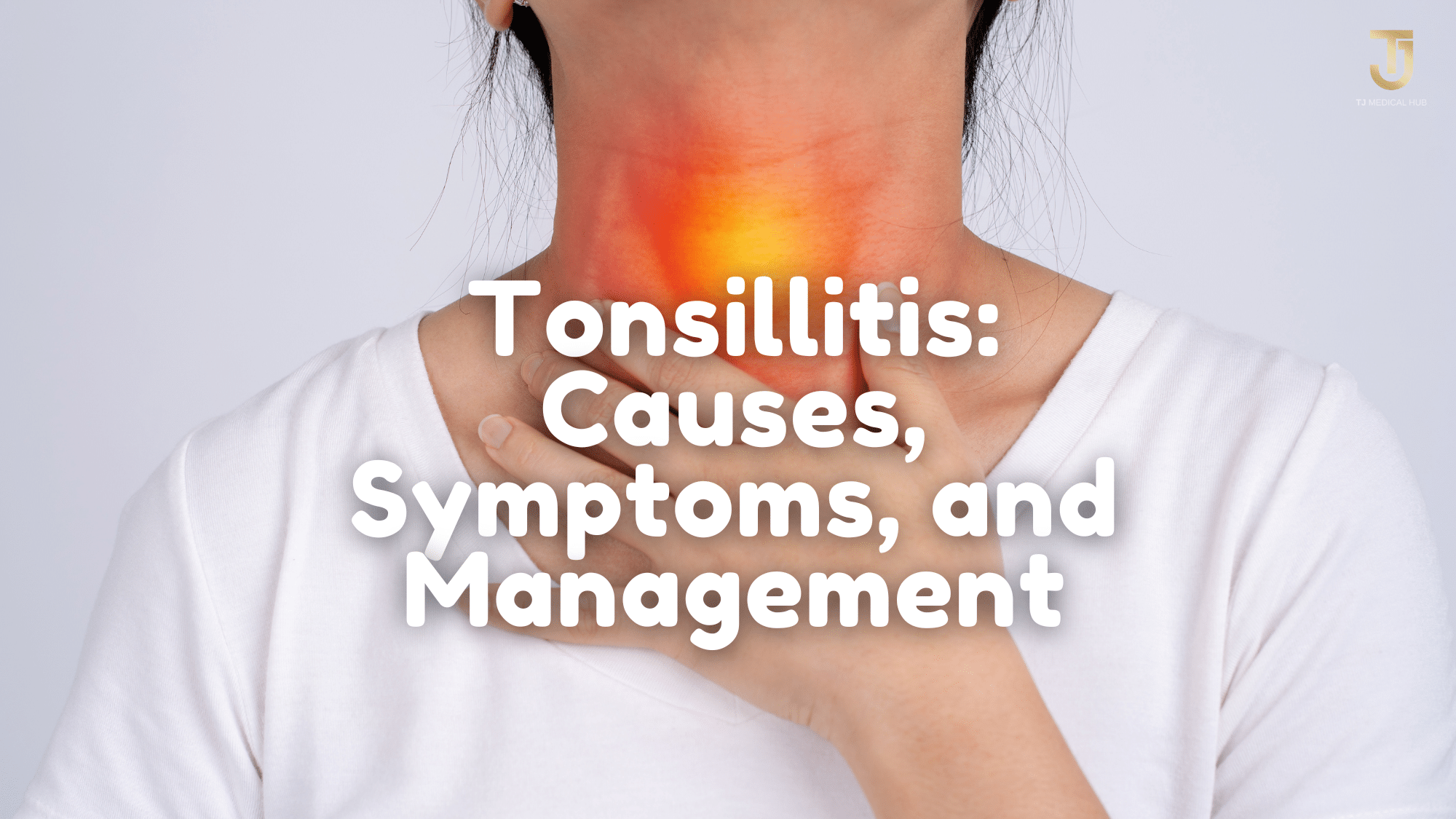Experiencing bad breath and a sore throat can be alarming, often leading individuals to wonder if they could be signs of a more serious condition like tonsillitis. In this article, we’ll delve into what tonsillitis is, how it causes bad breath, its symptoms, and how to manage it effectively.
Tonsillitis is characterized by inflammation of the tonsils, which are located at the back of the throat. While bad breath and a sore throat are common symptoms of tonsillitis, they can also occur independently. Bad breath, medically known as halitosis, often arises from a buildup of bacteria in the mouth or on the tonsils themselves. When these bacteria attack tonsil tissues, they release volatile sulfur compounds (VSCs), leading to a foul odor resembling that of rotten eggs or cabbage.
Symptoms of Tonsillitis
In addition to bad breath and a sore throat, tonsillitis can manifest with a variety of other symptoms, including chills, fever, earache, headache, difficulty swallowing, swollen lymph nodes, and red or swollen tonsils with yellow or white spots. Severe cases may also cause muscle weakness or a stiff neck, indicating the need for immediate medical attention.
Treatment and Management
Seeking medical attention is crucial if you suspect you have tonsillitis, particularly if symptoms are severe or persistent. Treatment typically involves addressing the underlying bacterial or viral infection with antibiotics or antiviral drugs, along with supportive measures to alleviate discomfort. Gargling with warm salt water or mouthwash can help reduce bacterial buildup and alleviate bad breath. In some cases, surgical interventions such as tonsillectomy may be necessary to remove infected tonsils or reduce the depth of tonsillar crypts.
Preventing halitosis associated with tonsillitis involves maintaining a strong oral hygiene regimen, including regular brushing, flossing, and tongue cleaning. Attending routine dental check-ups is essential for early detection of any oral health issues. Additionally, addressing potential underlying causes of bad breath, such as infections or dry mouth, can help manage symptoms effectively.
Conclusion:
While bad breath and a sore throat can be indicative of tonsillitis, prompt medical attention and proper oral hygiene practices are essential for managing symptoms and promoting overall oral health. By understanding the causes and symptoms of tonsillitis and implementing appropriate treatment and prevention strategies, individuals can alleviate discomfort and maintain fresh breath for optimal well-being.


